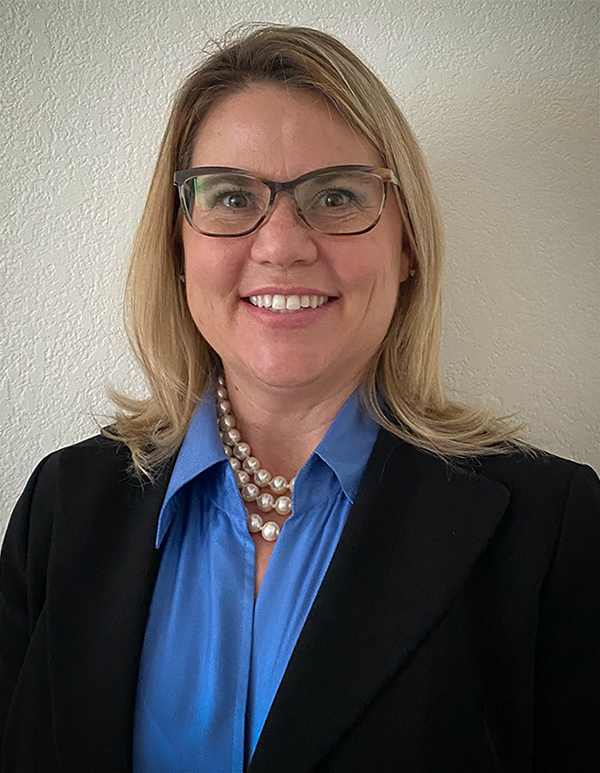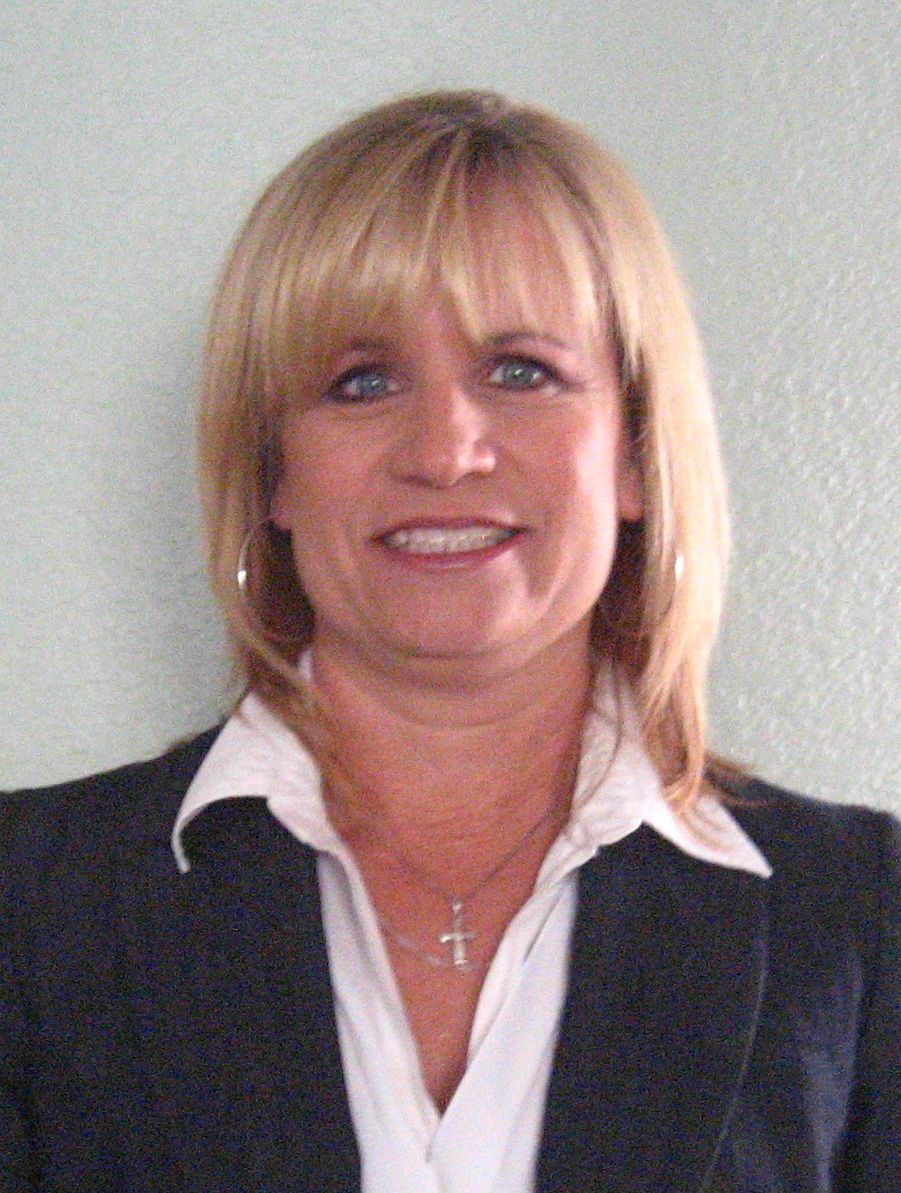Thank you for your interest in the Care Transitions Intervention®. Below you will find information about its history, key components, research items, and current team members.
Developed by Dr. Eric Coleman at University of Colorado, School of Medicine in 2003, the Care Transitions Intervention® has been researched through random control trials and proven to reduce readmission rates in various populations. This model was based on Dr. Coleman’s experience as a primary care provider and therefore started with end user as the focus — complex patients going in and out of the hospital. Often, he would not have known that his patients had been in the hospital. He found his patients were receiving differing instructions between care team members, patients didn’t know who to call with questions, and their confidence decreased with medication shifts. More often than not, post-hospitalization, patients became their own care coordinators — which can be overwhelming.
In 2019, Dr. Coleman and his team leads retired. CCS Health has the honor of continuing the well-respected program and supporting the over 1,200 organizations who have adopted this patient-centered empowerment model. The program is always learning and advancing it's best practices directly from the active network of CTI Program Providers. The framework and philosophy remains the same as we build in enhanced understandings and seek innovative opportunities to help everyone transition well.
The Care Transitions Intervention® (CTI) is an evidence-based, short-term model that complements a systems’ care team by activating patient engagement in their health management.
During a 30-day program, clients with complex care needs (and/or family care partners) will work with a Transitions Coach®, to build self-management skills that will ensure their needs are met during the transition from facility to home. This intervention is comprised of a five (5) encounters: a facility visit (when possible), a home visit, and three (3) follow-up phone calls after the home visit has occurred.
Uniquely critical to the program is the role of the Transitions Coach®. Transitions Coaches® immediately tap into what motivates and matters to the patient and puts them in the driver’s seat to navigate through personal skill development. Through the guidance of a Transitions Coach®, patients will identify a 30-day goal, practice actions to solidify skillsets, and gain confidence in four key areas of health, known as the Four Pillars®:
Medication self-management: knowledge about medications and has a medication management system.
Use of a patient-centered record: understands and utilizes a Personal Health Record (PHR) to facilitate communication and ensure continuity of care across providers and settings. The PHR is owned and operated by the client/family care partner.
Primary Care and Specialist Follow Up: medical care appointment is scheduled and completed. Further, the client is prepared to be an active participant in these interactions.
Knowledge of Red Flags: knowledge about indicators that suggest their condition is worsening and has an action plan about how to respond.
The Transitions Coach® empowers the client and/or family care partner to develop self-care skills that help them assume a more active role in their health. The Transitions Coach® does not fix problems and does not provide skilled care. Rather, Transitions Coaches® model and facilitate new behaviors, guide a patient on Skill Transfer® opportunities, and practice communication strategies. Further, they build patients’ confidence to successfully respond to common problems that arise during care transitions.
Through the initial random control trial and countless demonstrations among various CTI Program Providers, the research studies show that people who receive the CTI versus those who don’t were:
Significantly less likely to be readmitted to a hospital.
Less likely to incur further high cost utilization.
More likely to achieve self-identified personal goals around symptom management and functional recovery. Further, majority of the patient goals reflect a better quality of life and improved functional status.
Benefits were sustained for five months after the end of the one-month intervention.
The skills acquired and learned in this intervention will help with future healthcare encounters and increase a person’s confidence in personal goal attainment. When the model is delivered as intended, staying true to the component an empowerment approach, organizations can expect reductions in readmission rate of 20-50% with some partners seeing a 72% reduction in likelihood of 30-day readmission.
Please visit our publications page to read more about the programs proven outcomes.
The Transitions Coach® position is unique and most effective when it's the professional’s only job. In this role, they have the time to guide a patient toward learning and developing new skills, better understanding their health and who or what is in their network of resources.
Transitions Coaches® do not ‘do’ for the patient but rather help them critically think, problem-solve, and understand how to navigate needs for better health management. This is done through motivational interviewing techniques, open-ended questions, active listening, knowing local care models, and self-management education methods. A Transitions Coach® is not an educator, case manager, or options counselor – it’s new, it’s patient-first, and it works when we trust the process.
We strongly encourage organizations to treat a Transitions Coach® as a dedicated position and new line of service. This is not a tool or approach to be added on top of case management full-time duties. Transitions Coaches® are a short-term intervention meant to complement the care team by increases patients understanding and use of their various resources; care team members (provider, in-home nurse, care manager, pharmacist, CHW, etc.), community-based organization(s), and social network. Transitions Coaches® reinforce how their health neighborhood helps the patient during the 30-days and beyond.

Care Transitions Intervention® National Program Director

CTI Instructor and consultant

CTI Instructor

CTI Instructor